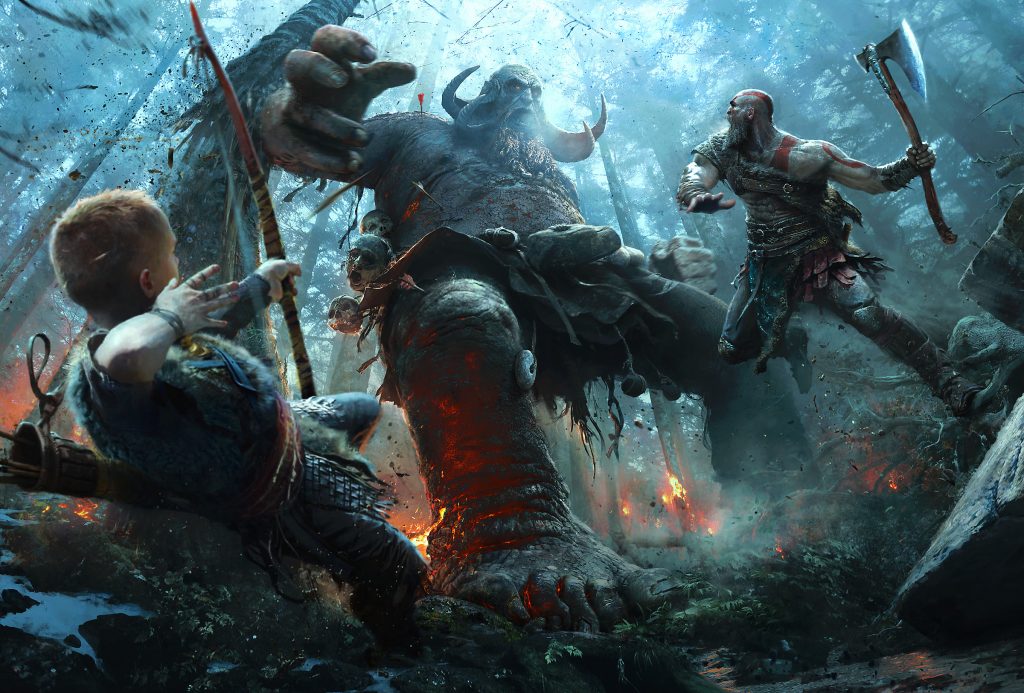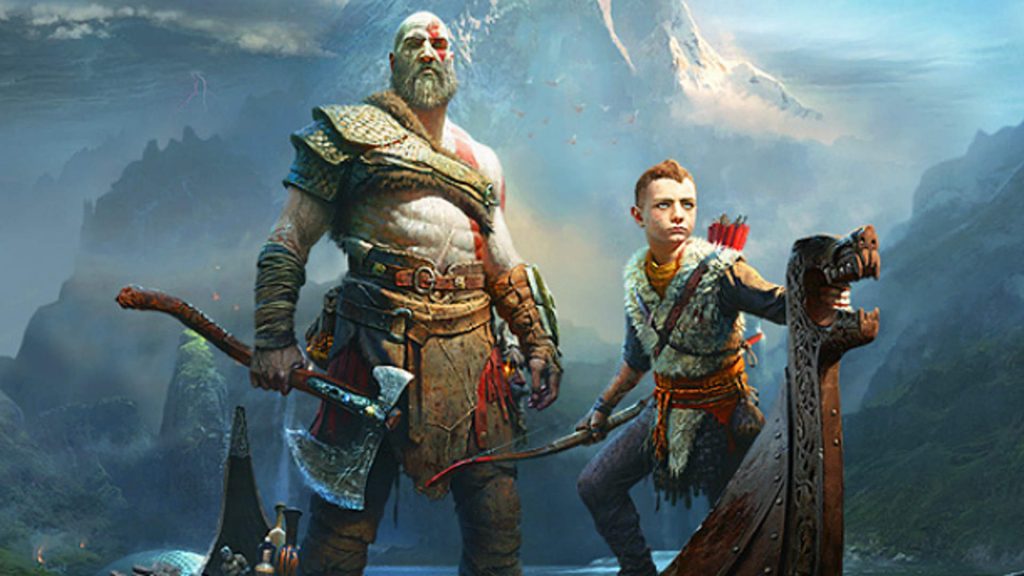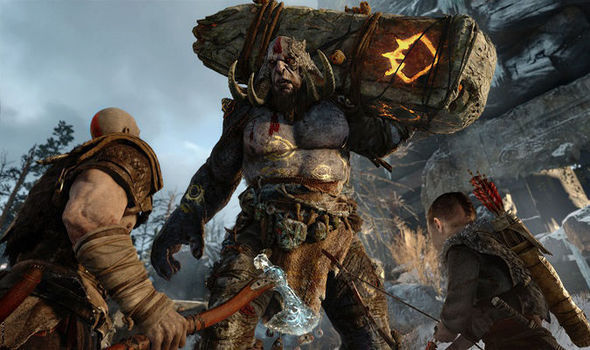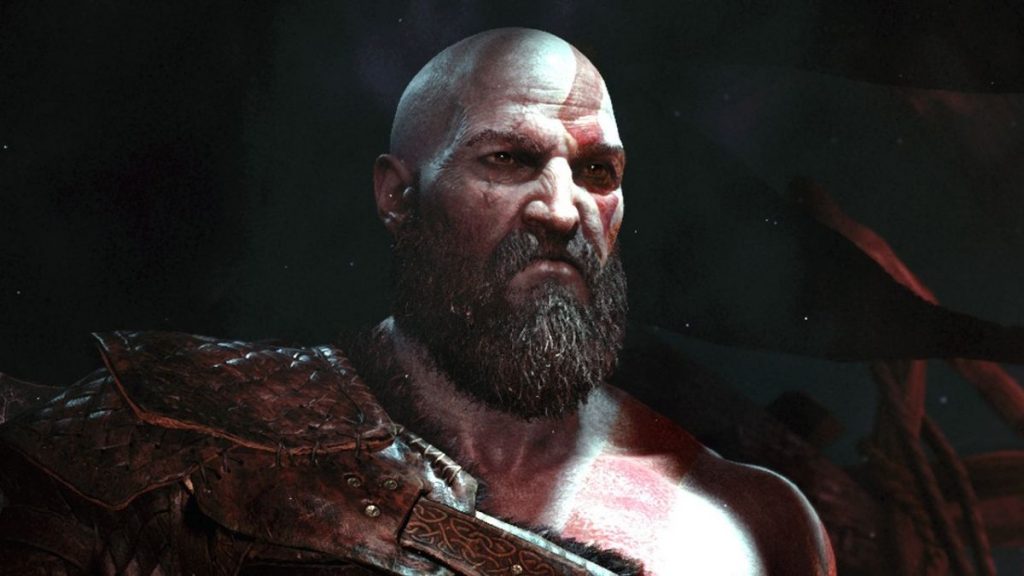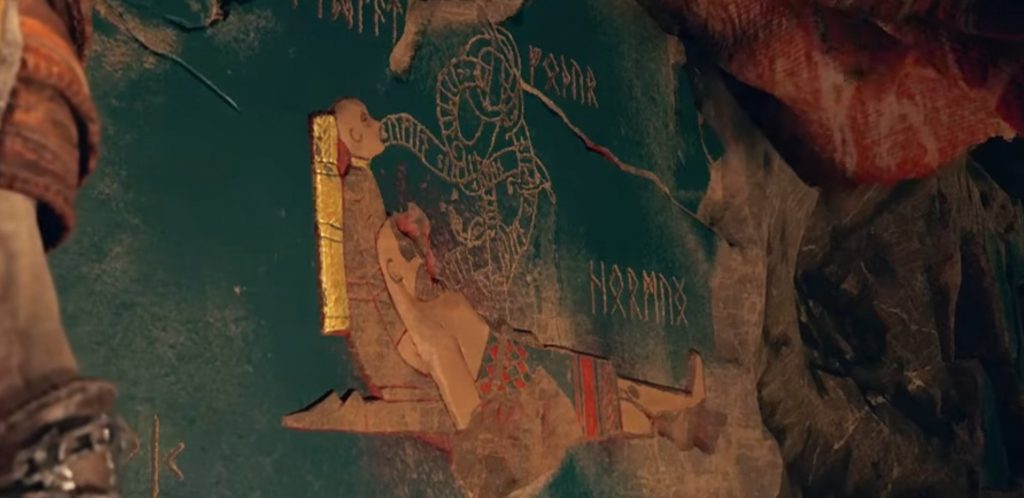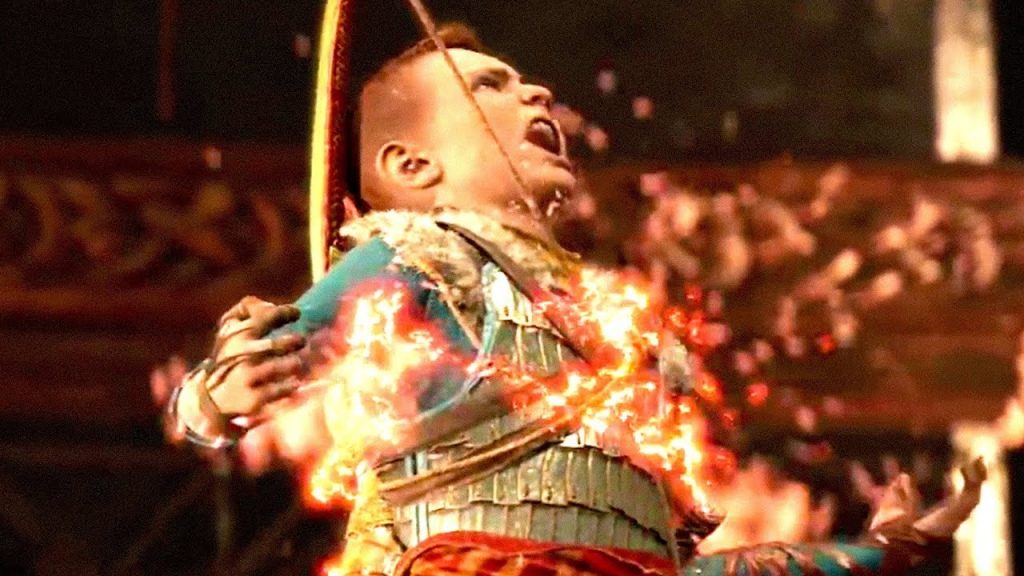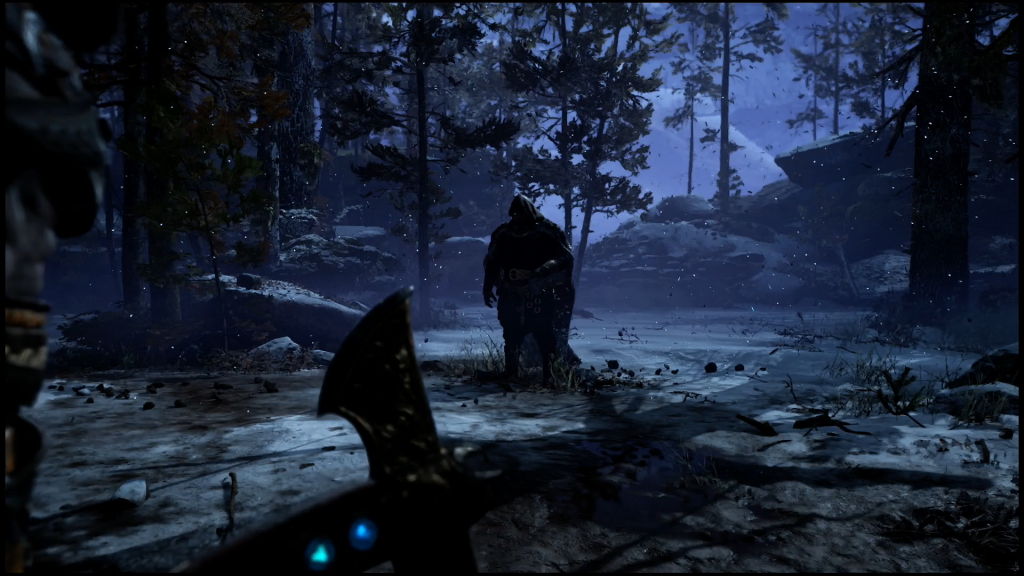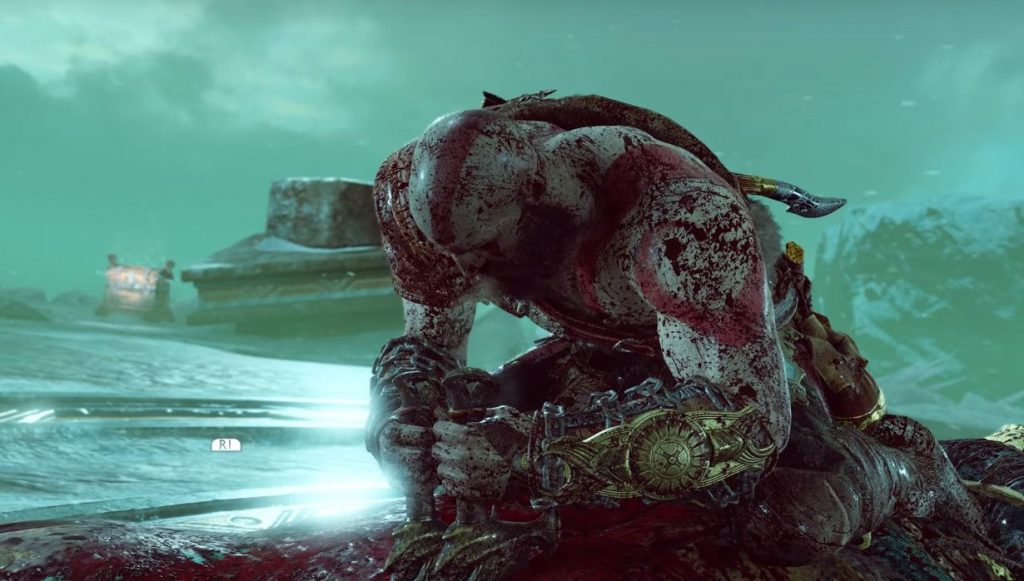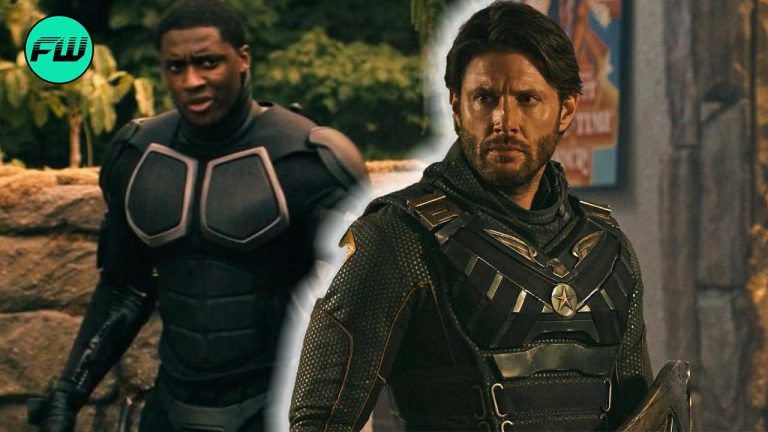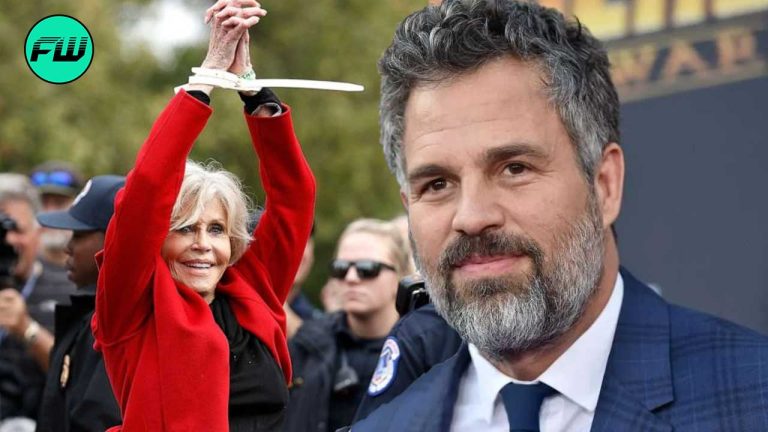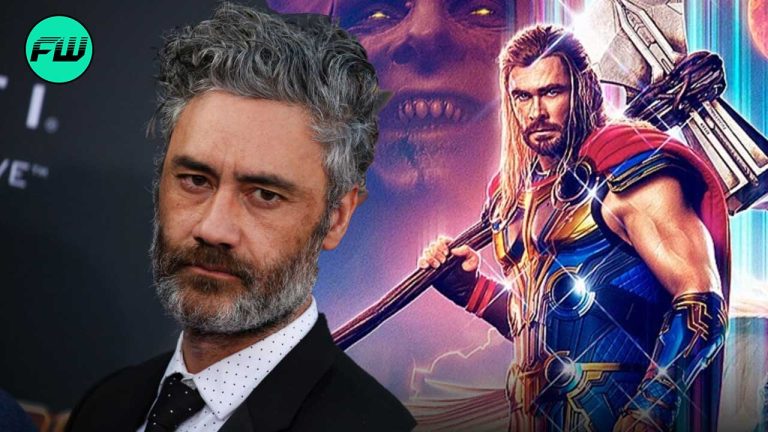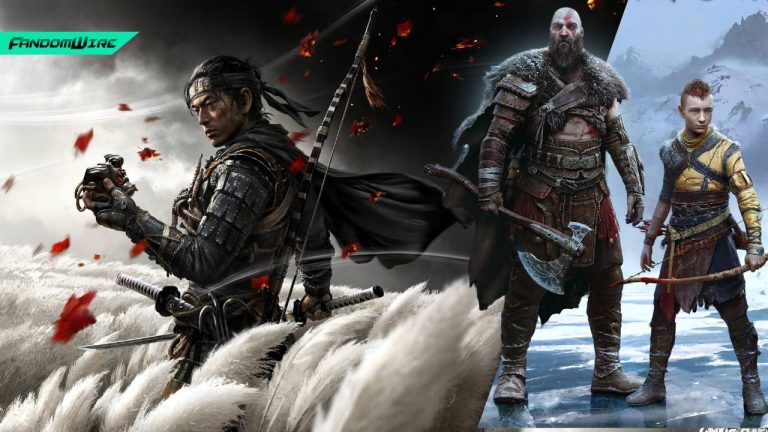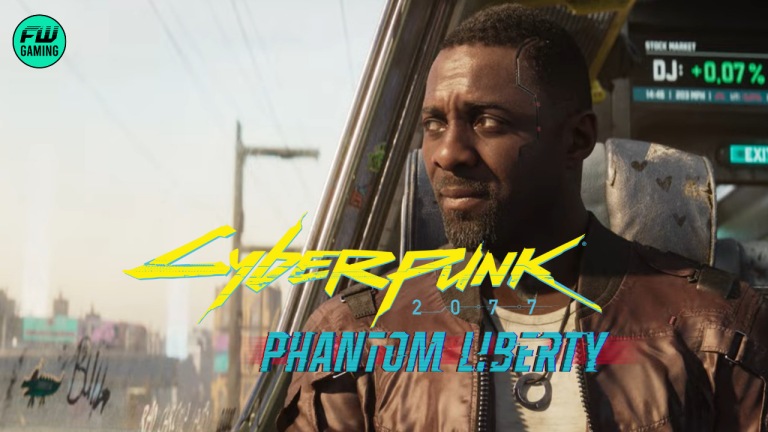God of War is unlike any game ever seen in the history of Sony Playstation’s game library. It received rave reviews from both critics and fans, and is already being considered as one of the greatest video games to have been ever made. The first three installments to God of War were basically based on Greek Mythology with Kratos trying to hunt down Zeus for orchestrating the death of his family.
The fourth God of War game took Kratos into the depths of the Norse Mythology. Kratos was given more character depth and development. God of War 4 features some incredible storytelling and game play. That is the reason why some players ended up spending more than 50 hours to explore every nook and cranny of the game, finally coming to an ending that defied all explanations.
Also Read: 10 Stupendous Video Game Room Ideas
What was that ending anyway? What does it mean for the future of the Award Winning God of War franchise? It looks like there might be more to that enigmatic conclusion than what meets the eye.
A small word of warning here – If the person reading this has not played the game yet, we suggest you play it first and then come back here to read the rest of the spoiler riddled article. We hate being party poopers.
God of War 4 took a leaf from an entirely different tree. The focus was no longer the Greek Pantheon from Olympus. Instead the onus fell on the Norse Gods of Asgard. There is no smidgen of Greek or Roman Mythology in the scripts of God of War 4. Within the cradle of a world bathed in Norse Myths and Legends, Kratos lives the life of a hunter living in the forest with his young son Atreus.
Kratos and Atreus are forced to travel to Jotunheim to scatter the ashes of Atreus’ Mother and Kratos’ deceased spouse Faye. Kratos and Atreus come to loggerheads with a faction of Rogue Norse Gods and Monsters led by Baldur. In the end, after dealing with Baldur and successfully entering Jotunheim, the elusive realm of the Frost Giants, a mysterious mural can be seen on the screen.
While Atreus is busy deciphering the murals and the hieroglyphics, Kratos discovers a hidden part of the mural that was previously covered by a red cloth. The hidden segment reveals something extremely startling – it shows the Death of Kratos, the God of War.
Kratos’ wife’s prophecies have always come eerily true. If the mural was drawn up by the Frost Giants who relied on similar precognitive abilities, it stands to reason to believe that one day this prophecy will also end up being true. It is Atreus’ destiny to kill his father Kratos and seal the deal as per the prophecy. Atreus could be seen holding the lifeless body of his father, as runes flow out of his mouth which may signify a song of grief and guilt. But a closer inspection of the runes coming out of Atreus’ mouth in the mural might lead to a far more sinister revelation!
Also Read: 10 Most Bizarre Video Games Ever Made
The runes literally read: “Death”, ”Father”, ”Mourned”, and ”Betrayal”. While the first three words do not imply anything out of the ordinary than what we already know, it is the word “Betrayal” that has piqued our interest.
What the Final Mural really means – EXPLAINED
God of War ended up in a rather strong cliff-hangar. There is so much that the new game showed us but in the end, we were left with more questions than we had in the beginning of the game. Atreus will kill Kratos according to Faye’s Prophecy. But how does that happen is the million dollar question. We might have an answer although you may not like it.
The God of War franchise has a heavy emphasis on the Patricide trope. Kratos killed his father Zeus in the previous games. In the 2018 game, there is a side quest where a bandit is killed by his own son. The fact that one’s own child can kill his father is something that gravely affects Atreus. There has to be a reason why the game emphasized on Atreus so much during the quest. This might have implications beyond our comprehension in the latter installments.
Atreus is just a boy but in the game, he is shown to be prone to bouts of extreme rage and driven by sheer aggressive impulse. Kratos was once a victim of his own anger and temper. Since it is his father’s blood that runs through Atreus, maybe the same rage that drives the young boy temporarily insane but gives him Godlike Strength is what kills Kratos in the end. Maybe Kratos dies trying to stop Atreus while the latter is in his rage state.
The Post Credits Scene of the game reveals that the Norse End of Days aka Ragnarok is coming. The event known as Fimbulwinter, the three year winter that precedes Ragnarok, is already upon the world. When Thor visits Kratos and Atreus, there is heavy snow and frost around the forest. Maybe, just maybe, the End of Days is not just for the Norse World but also for Kratos. Kratos will meet his inevitable death there, in Ragnarok and at the hands of his own son Atreus.
That still does not explain the Betrayal part. How is Kratos betrayed into meeting his doom?
Remember Freya the Witch, mother to Baldur and now a sworn enemy to Kratos?? She is the one who cursed the Greek God of War for all eternity. There is a high chance that Freya will return in God of War 5, where she will be working behind the scenes, pulling the strings for the End of Kratos to happen. Kratos did kill her son so it is only fair for her to try and manipulate Kratos’ son into killing him. There might be some Divine and Godly justice at play here. The death of Kratos might be how Atrues is pushed to the boundaries of evil to take up the mantle of Loki – the Norse God of Evil and Mischief. Talk about Poetic Irony folks!!
All in all, the God of War franchise might be heading towards a major turn of events. The next game might be the last one for Kratos, the God of War.


